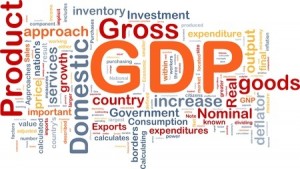Local copra prices plunged by 45 percent last week from year-ago levels despite government intervention due mainly to a glut in the supply of coconut oil in the world market.
The April 16 price watch from the Philippine Coconut Authority (PCA) showed that the average farm-gate price of copra fell to P13.71 a kilogram, which was below the breakeven price, against P25.13 a kilo a year ago.
The downward trend, which began last year, has affected the profitability of the industry, which is heavily dependent on export markets.
According to the Philippine Statistics Authority, the volume of the country’s coconut exports in 2018 increased by 43.6 percent in 2017. However, gross export income from the commodity dropped by 9.9 percent to P7.3 billion from P8.07 billion.
As international demand for coconut products remains soft, the Department of Agriculture (DA) and the PCA have been looking for ways to boost domestic demand while also limiting the entry of alternative products.
Programs included the diversification of coconut products being sold in the market, the creation of a “coconut diversified farming system” where farmers would be taught to grow other crops under coconut trees, and the provision of additional capital through loans to support the farmers in developing their lands.
A tripartite agreement was also reached by the governments of Philippines, Indonesia and Malaysia to stand up against the lobby of vegetable oil producers in Western countries who were waging a campaign against the use of palm and coconut oil.
However, United Coconut Association of the Philippines (Ucap) chair Dean Lao said the decline in farm-gate prices would continue unless the government approved the increase in the coco methyl ester (CME) content in local biodiesel, which could absorb the majority of the country’s coconut supply and boost current prices.
The DA, PCA and various industry groups have argued that increasing the CME content of local fuel to 5 percent (B5) from 2 percent (B2) would not only help the coconut industry, but would also improve the mileage of diesel.
PCA Administrator Romulo dela Rosa also said that the use of B5 would make more economic sense when world prices of petroleum went up.
The proposal has yet to gain traction and be supported by the Department of Energy despite the measure being part of a government mandate under the Philippine Energy Plan.
Sen. Miguel Zubiri earlier said this was largely due to the lobbying of huge oil companies against the measure’s implementation.


